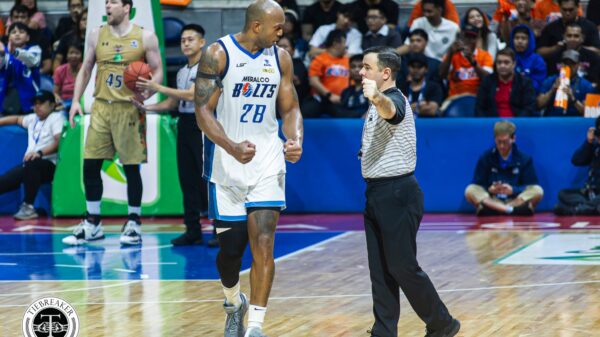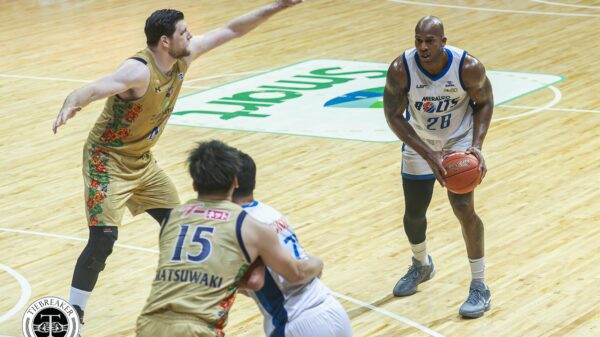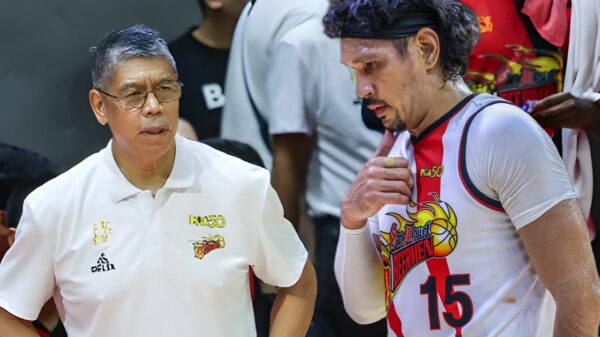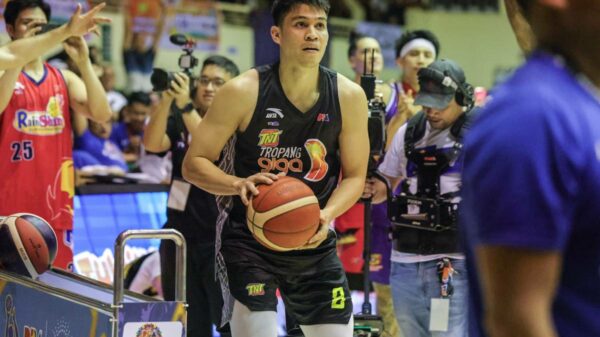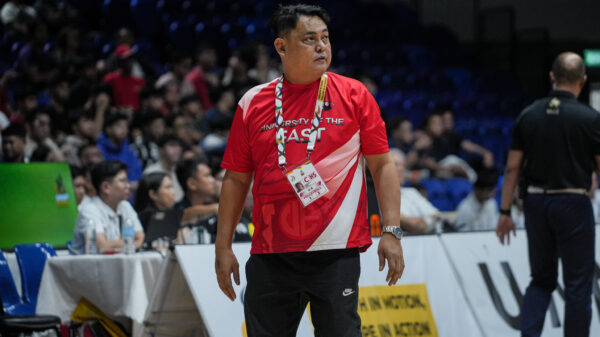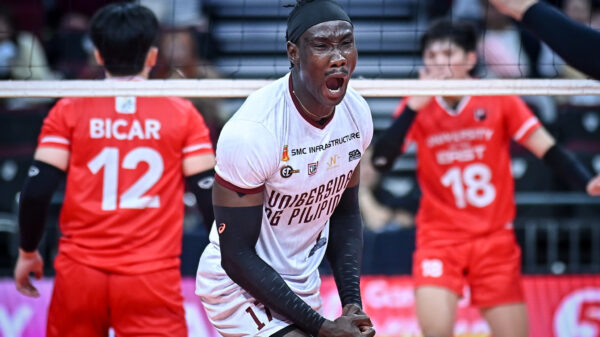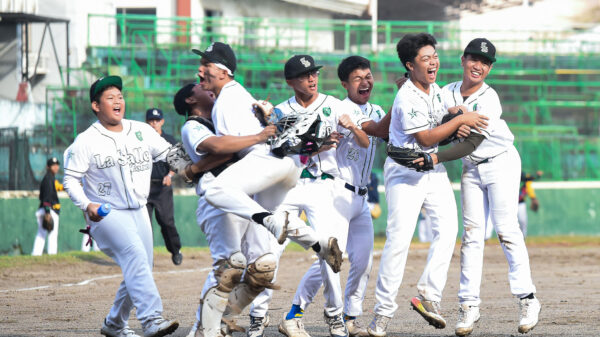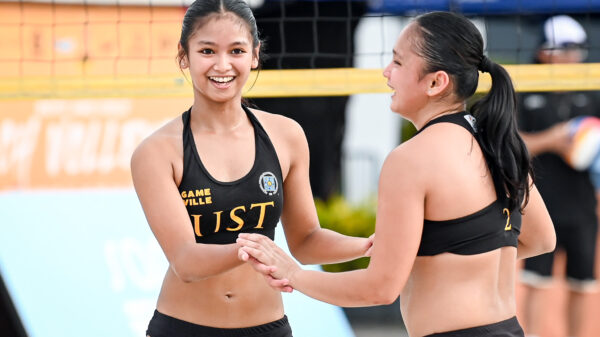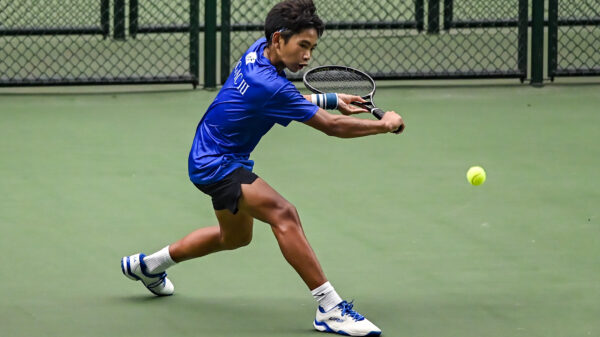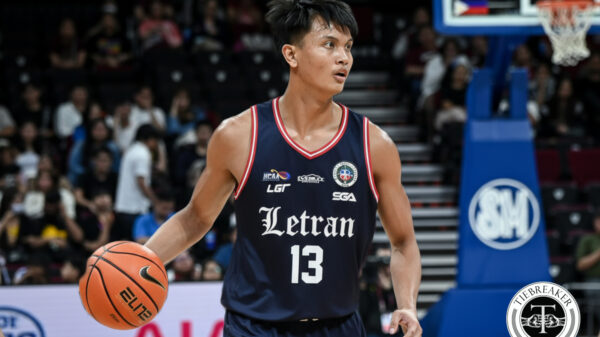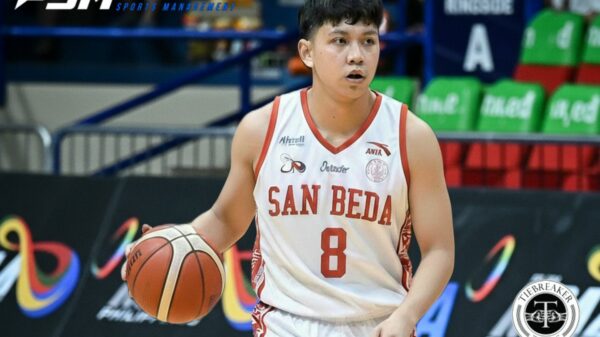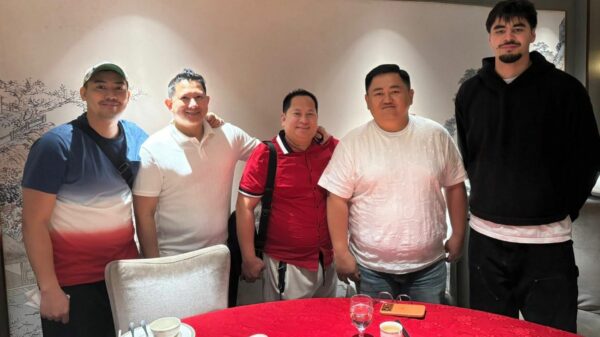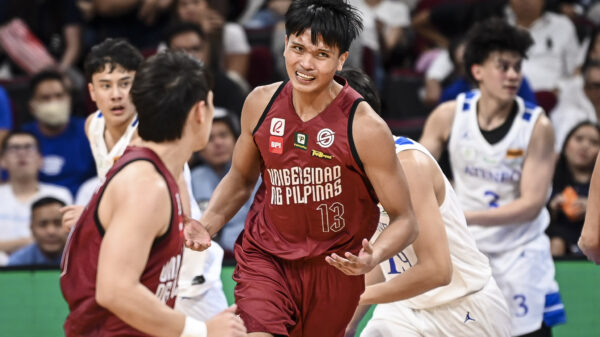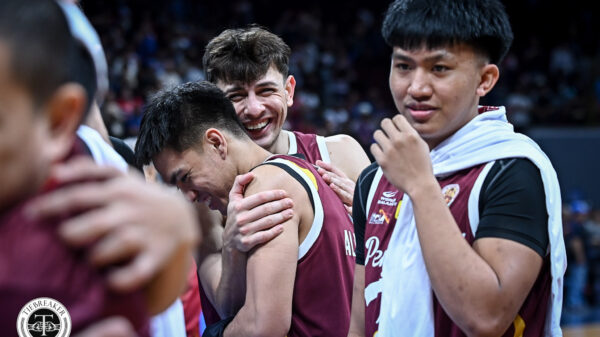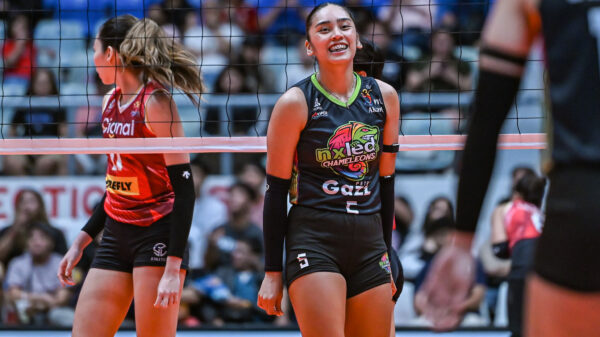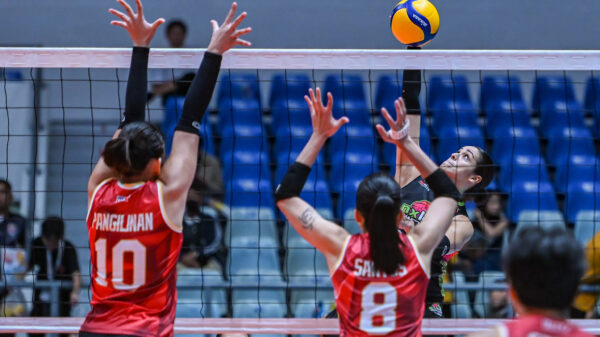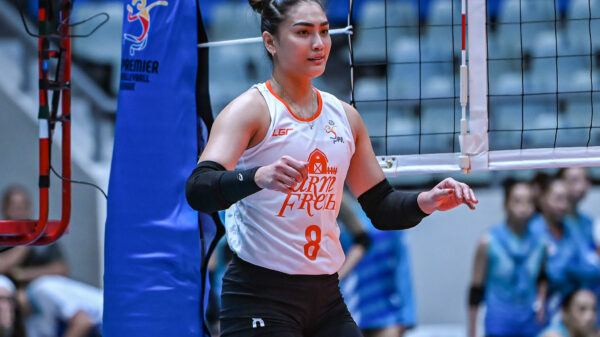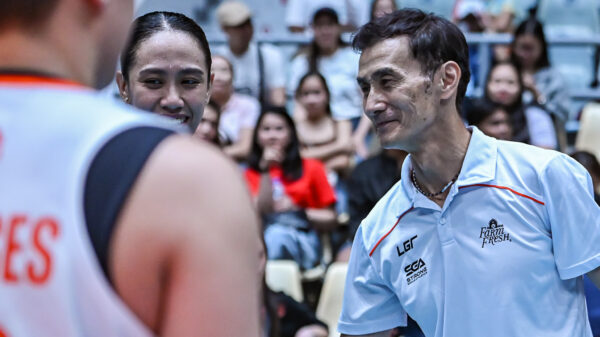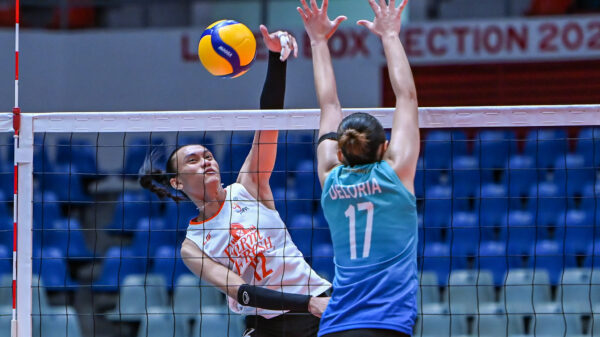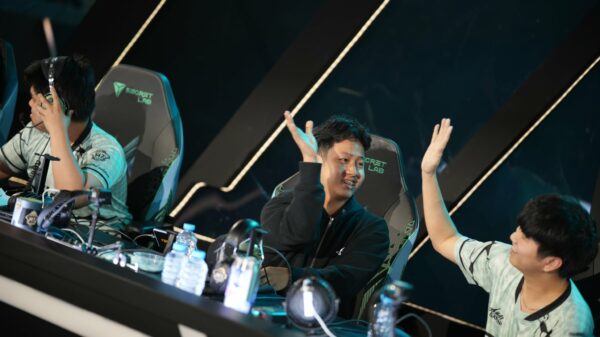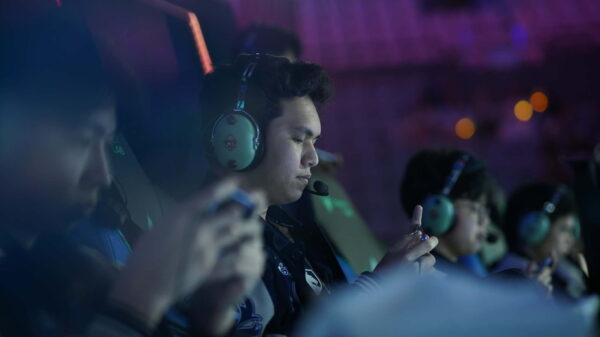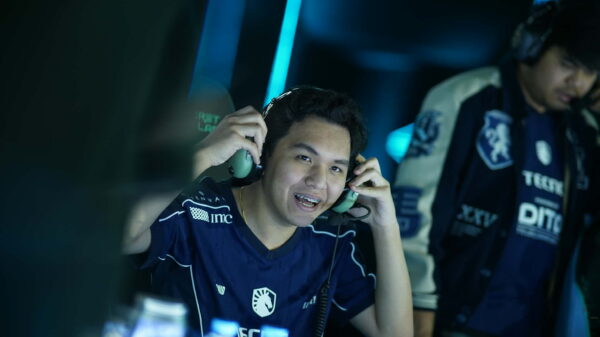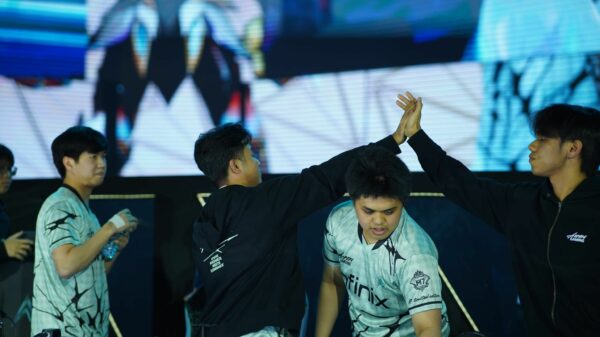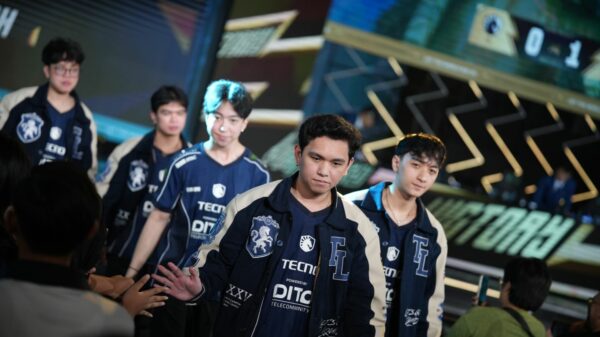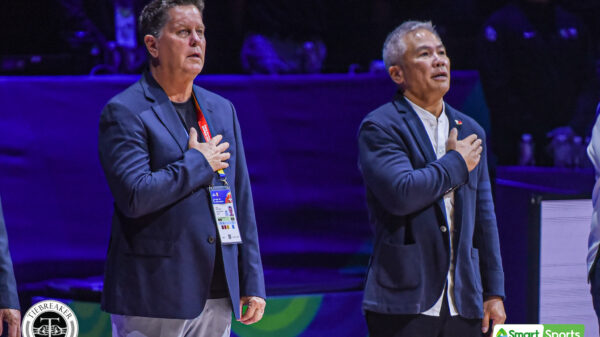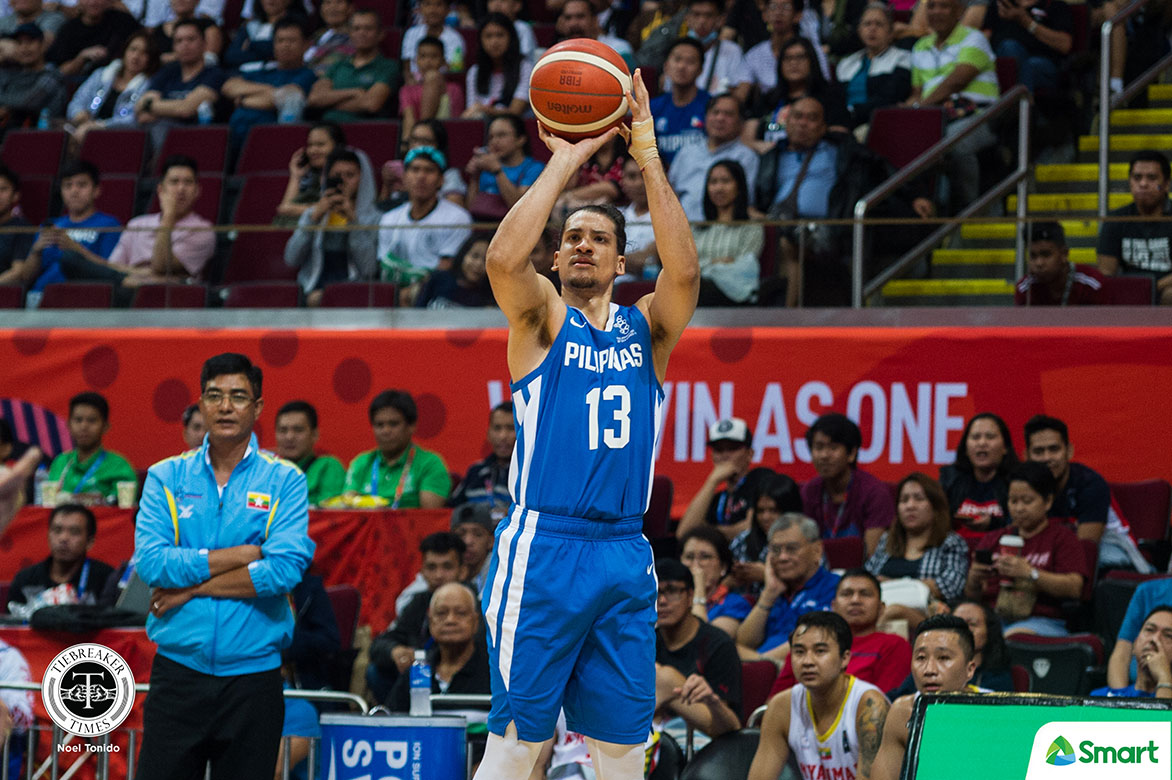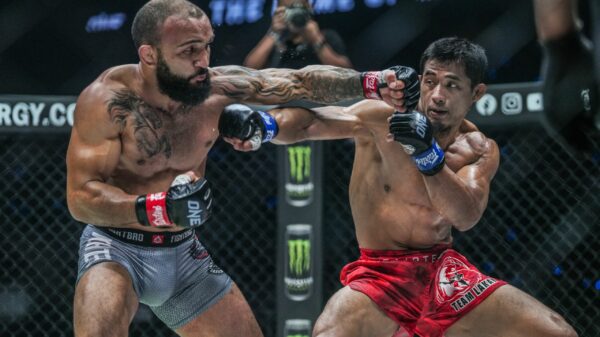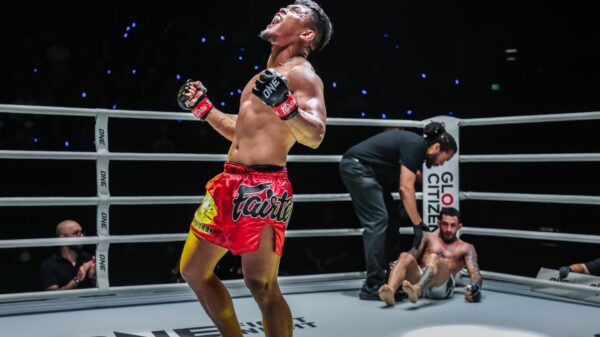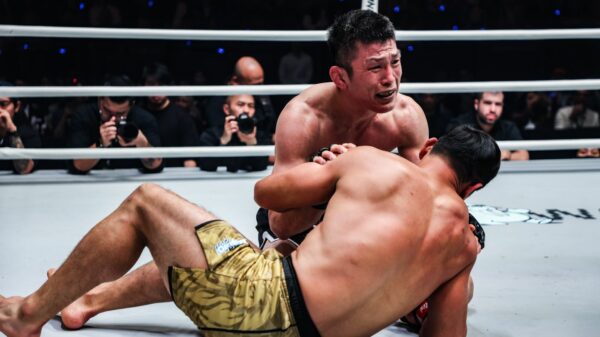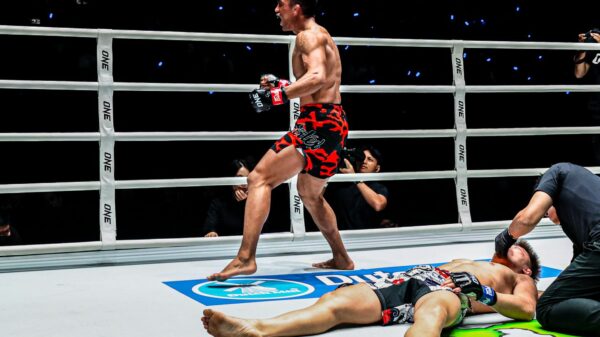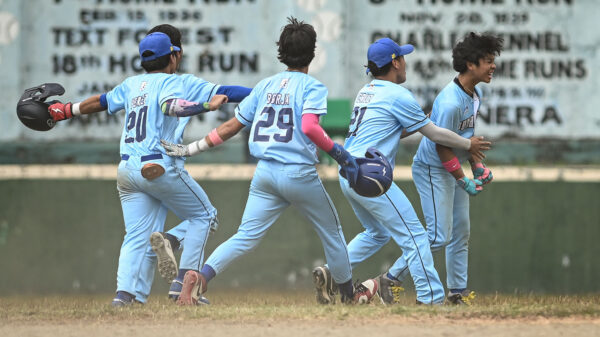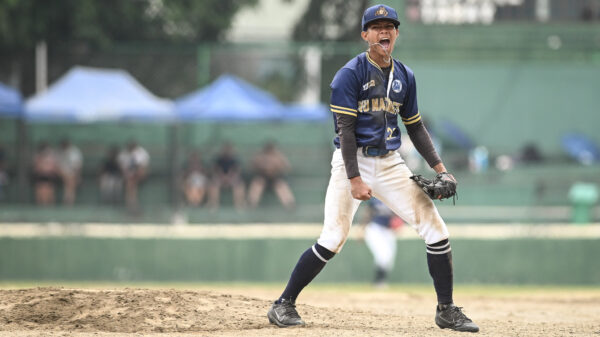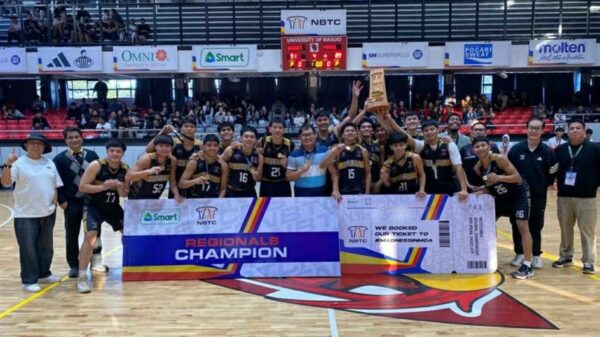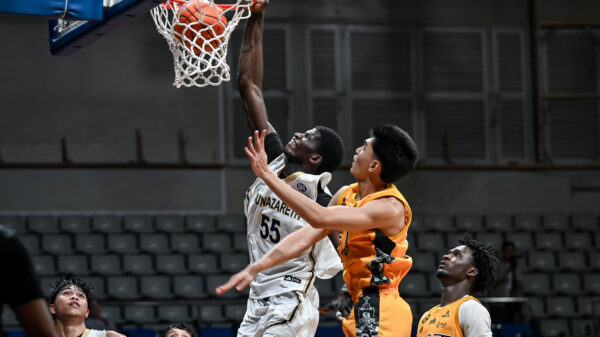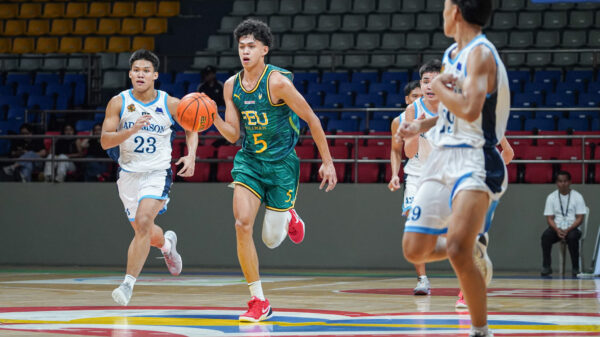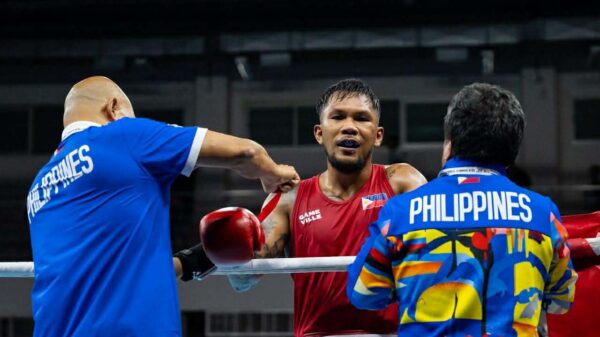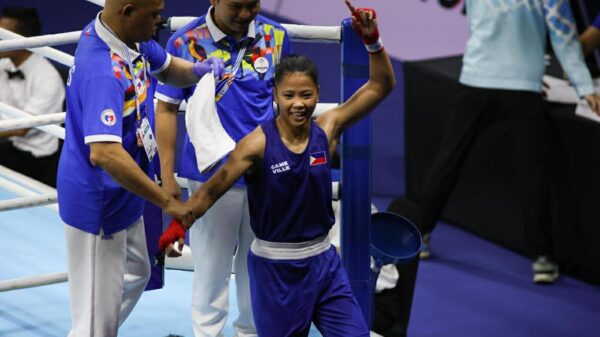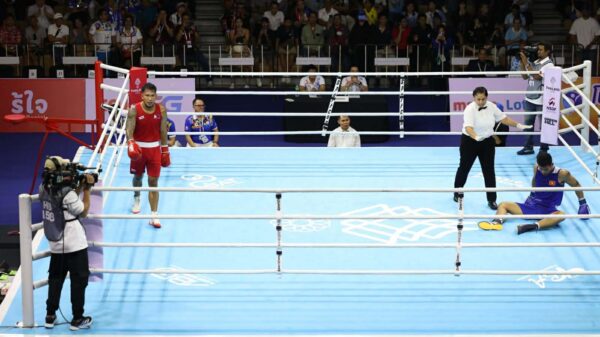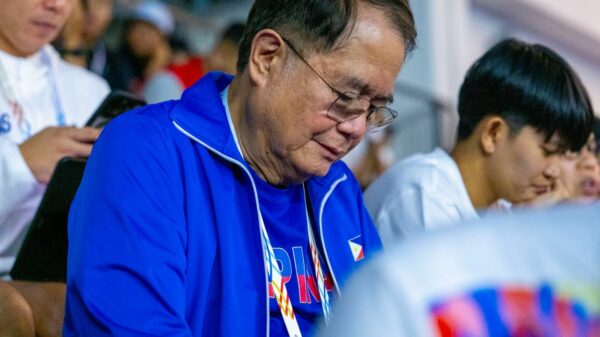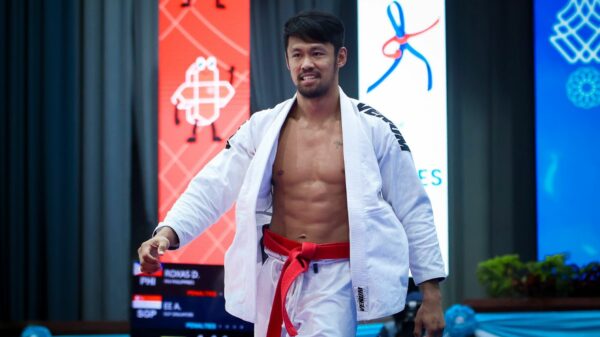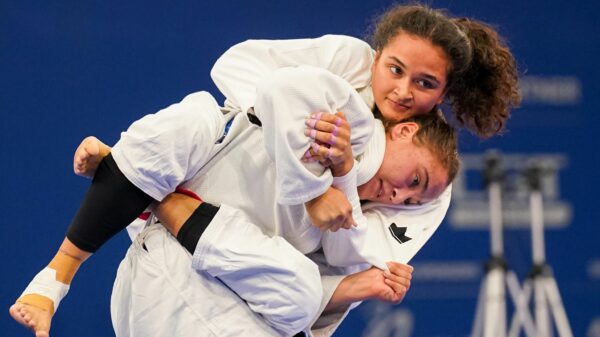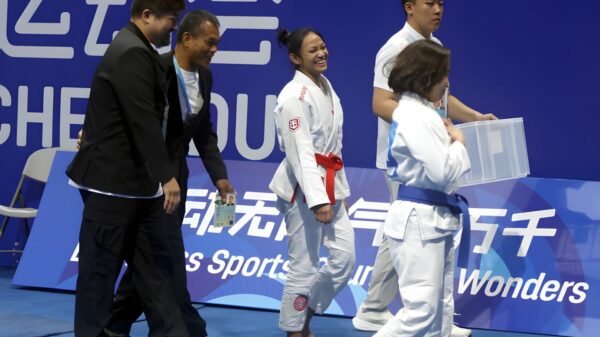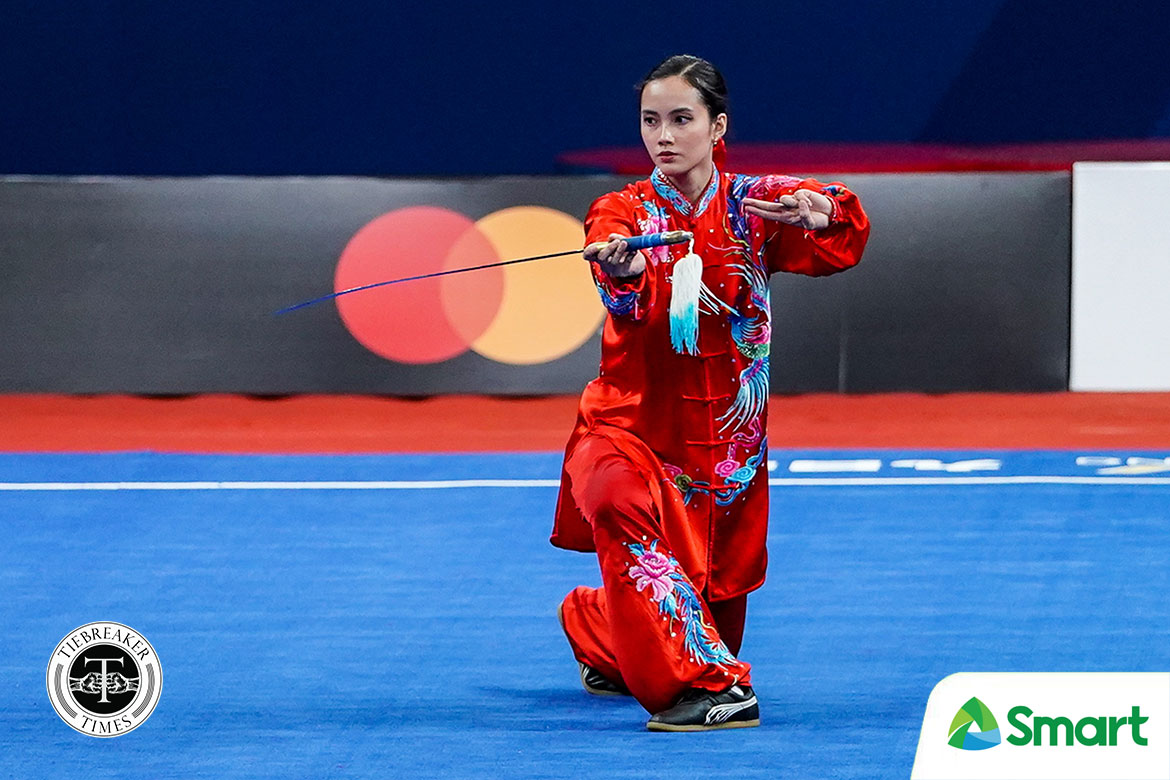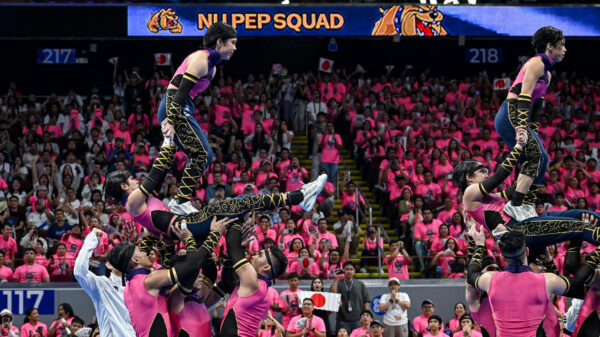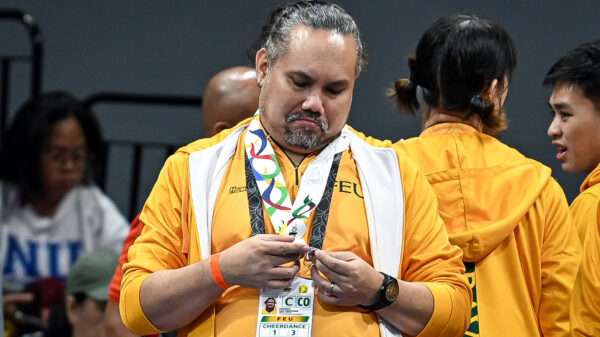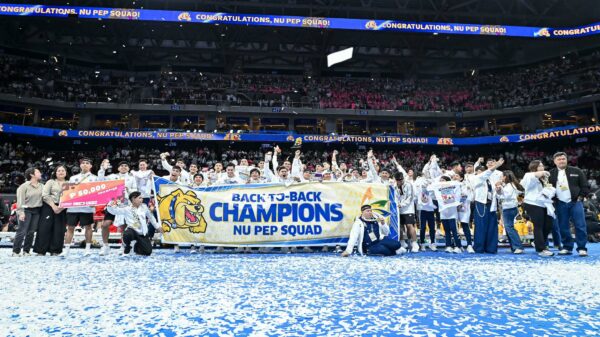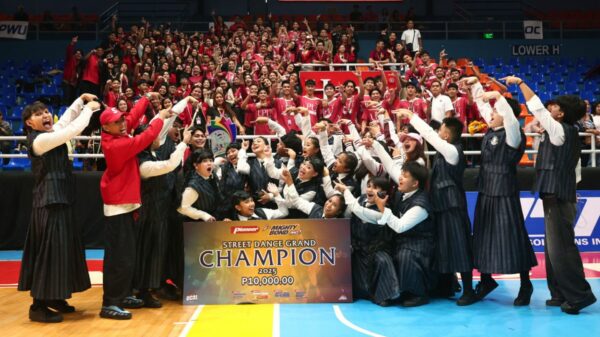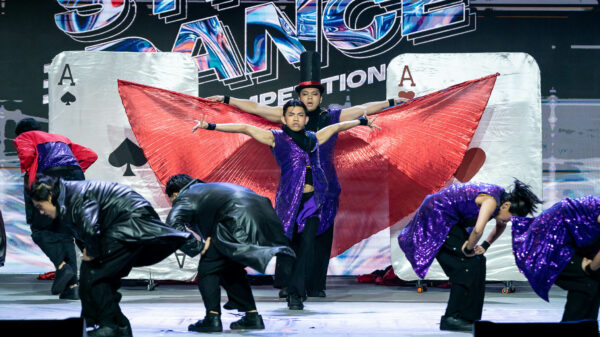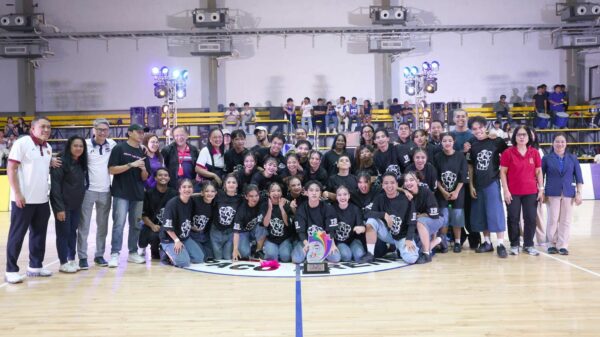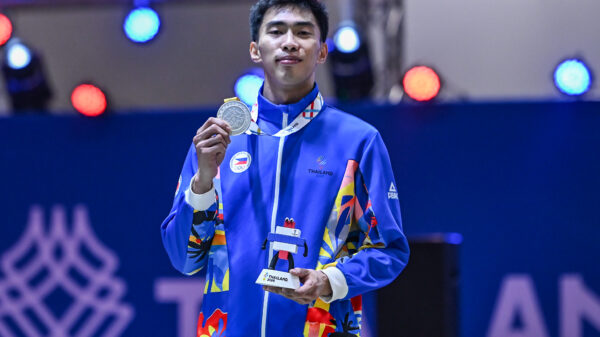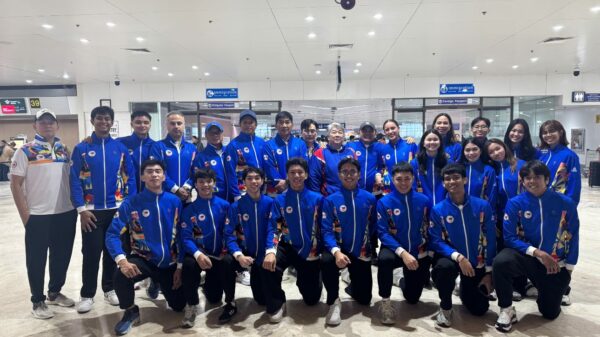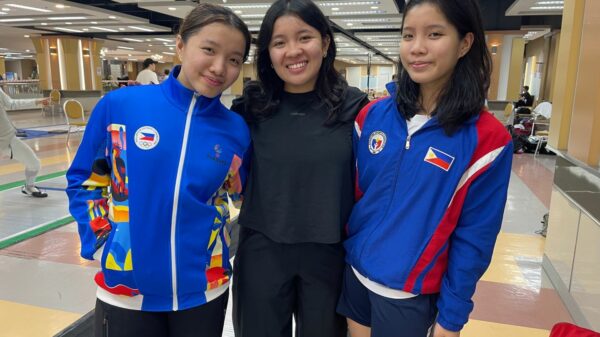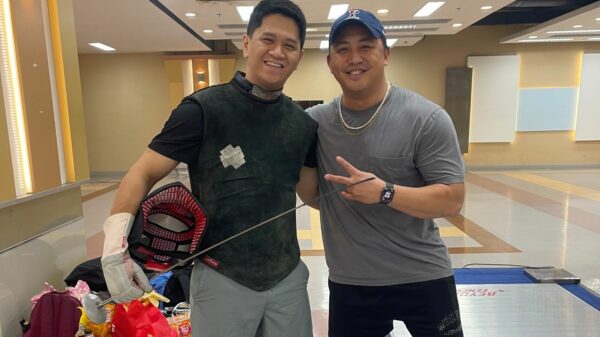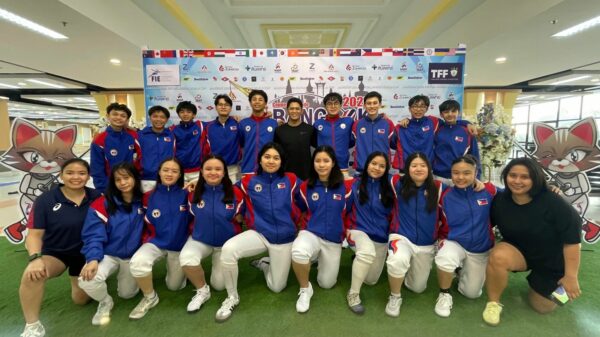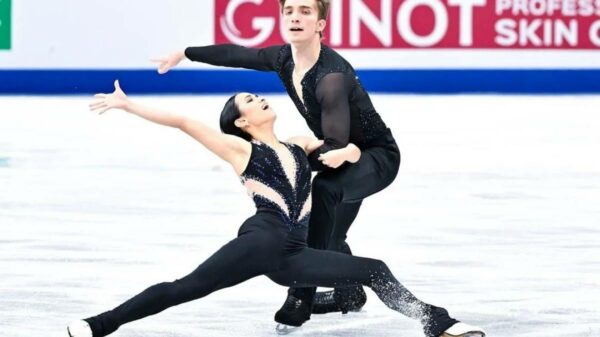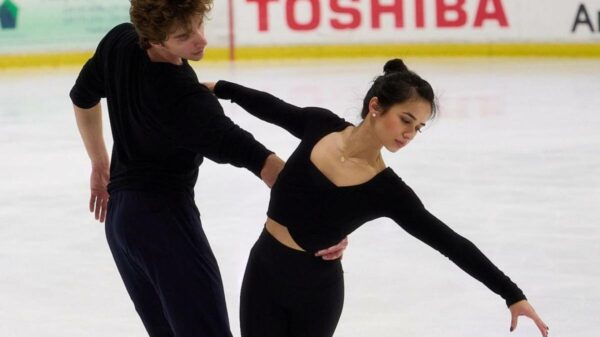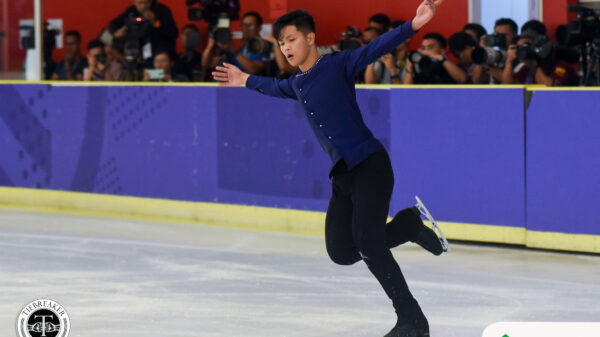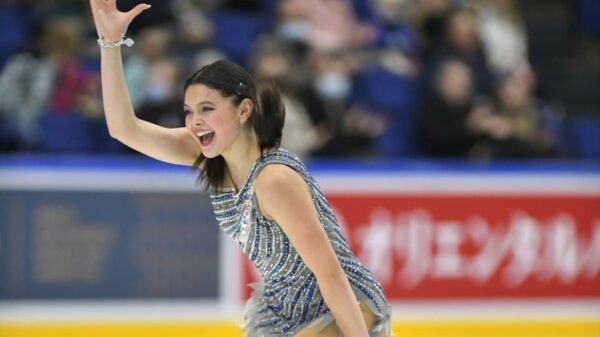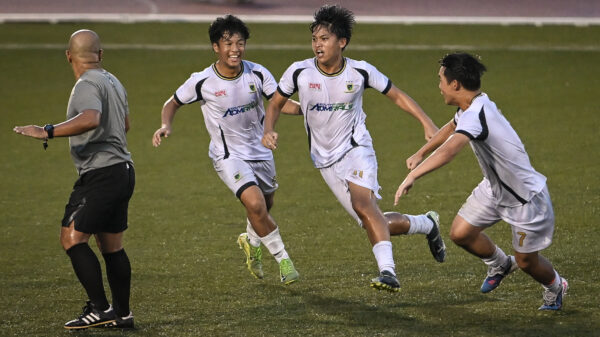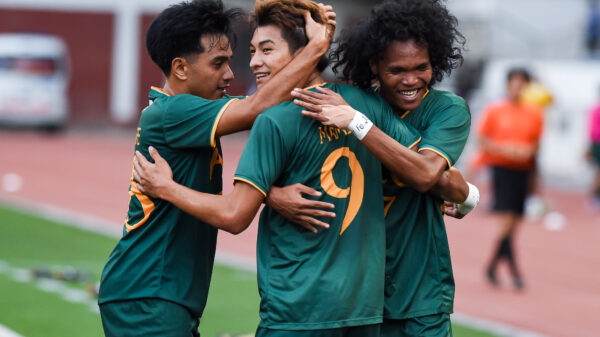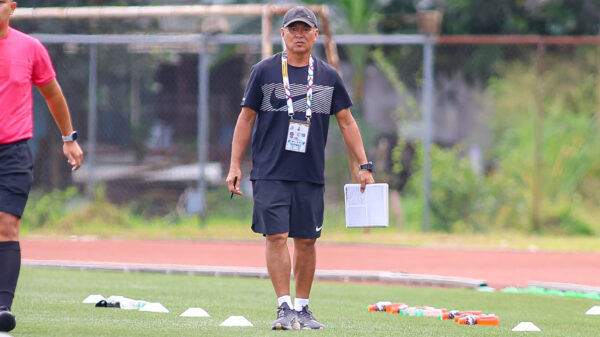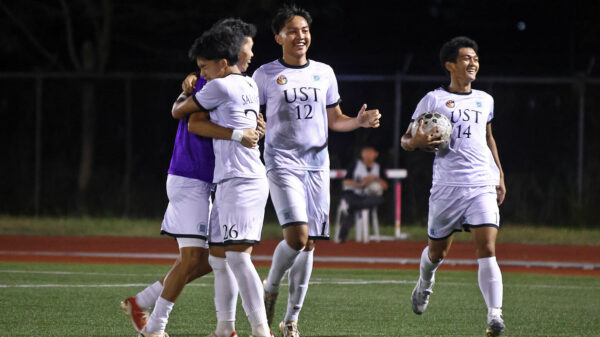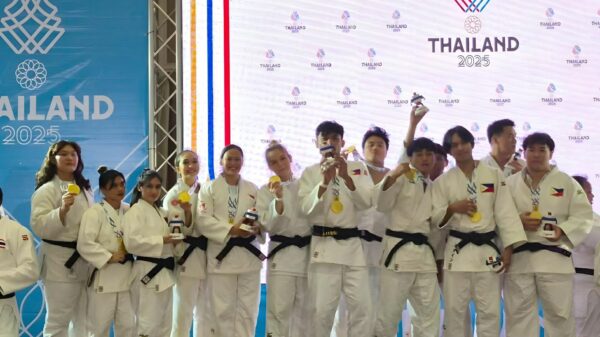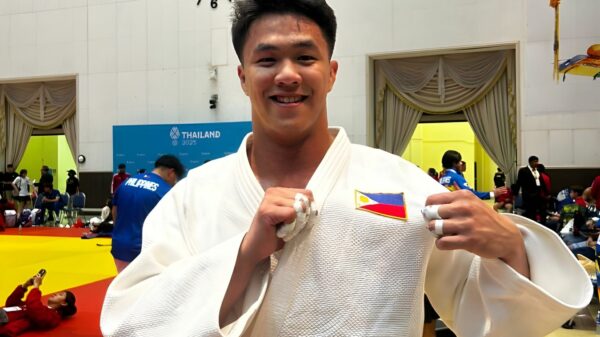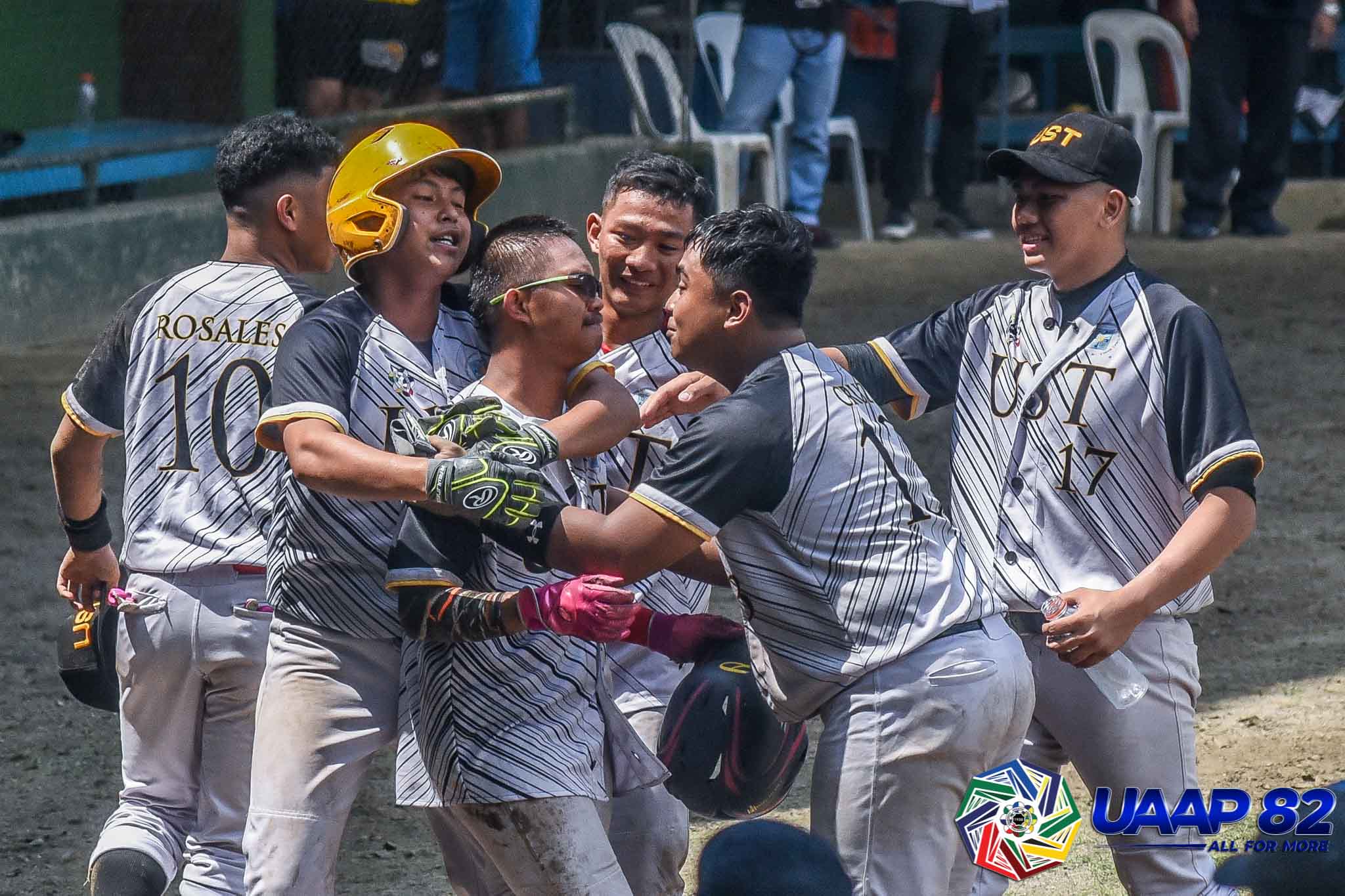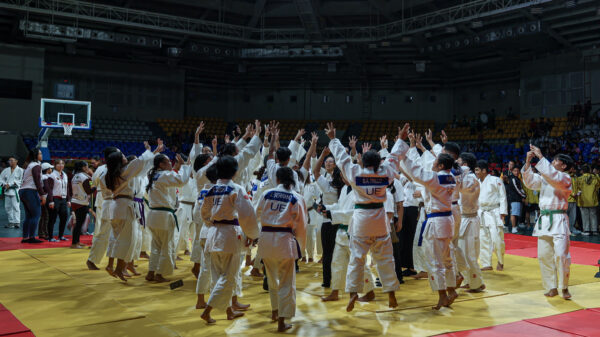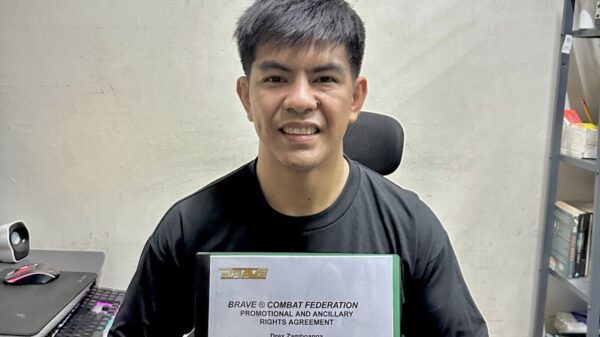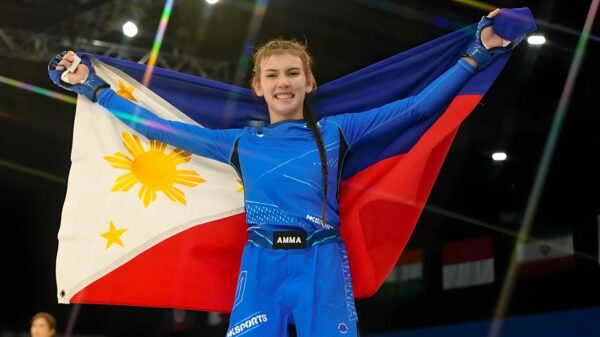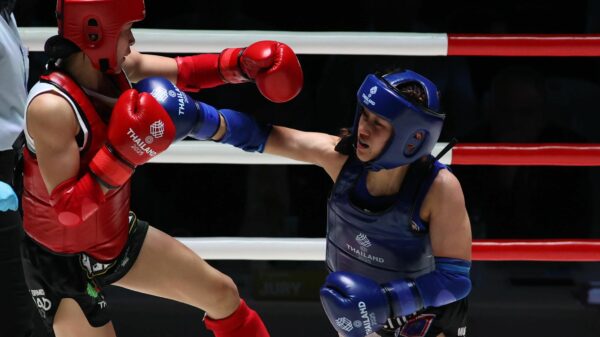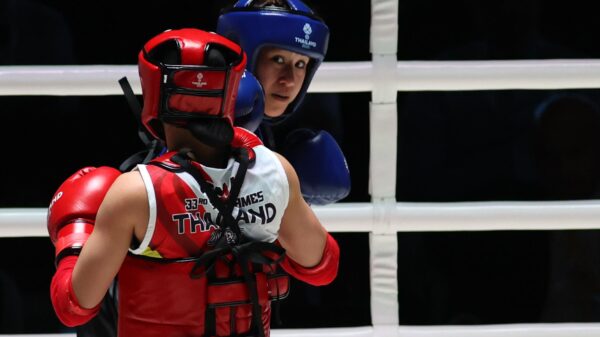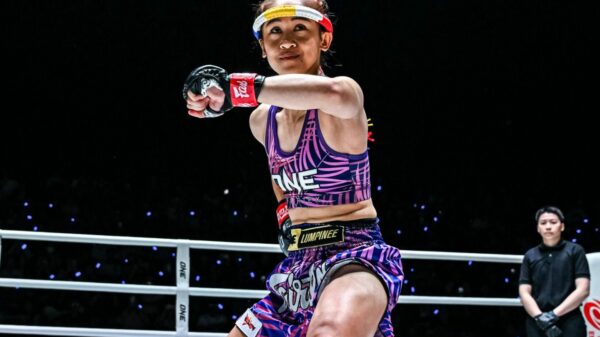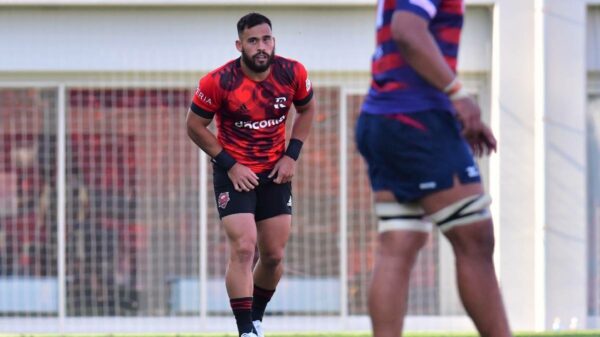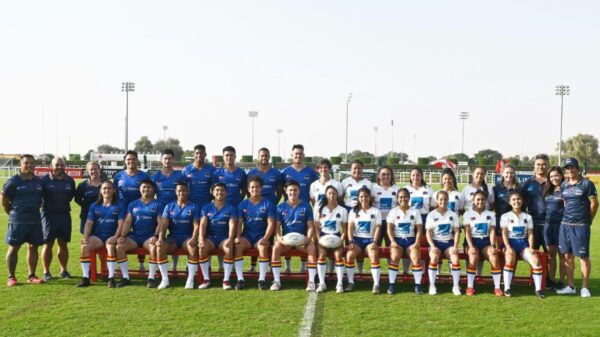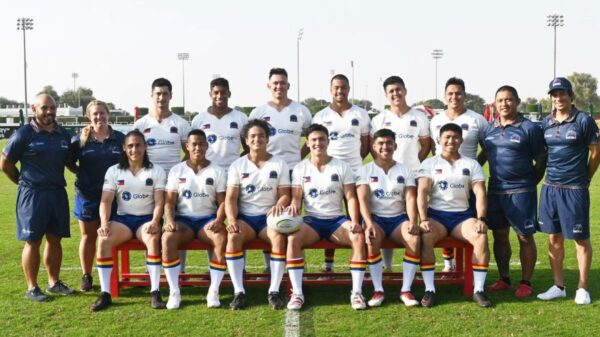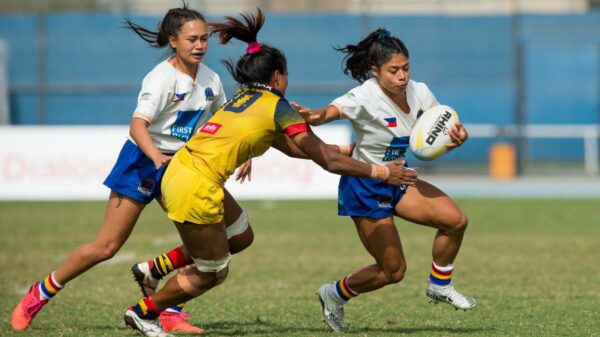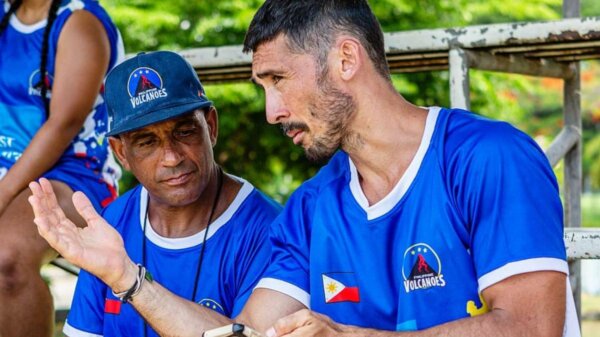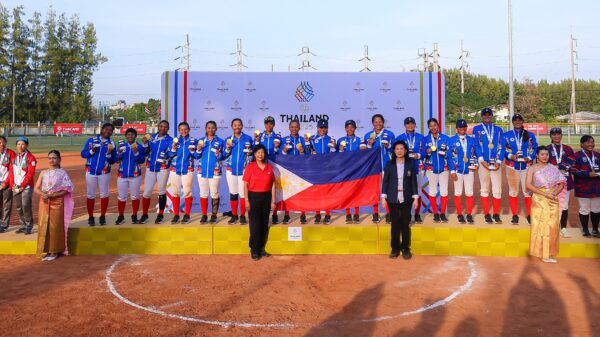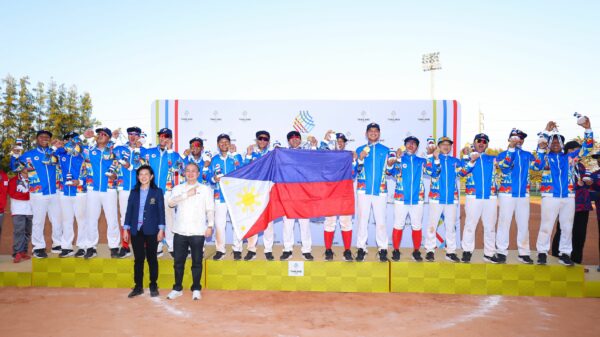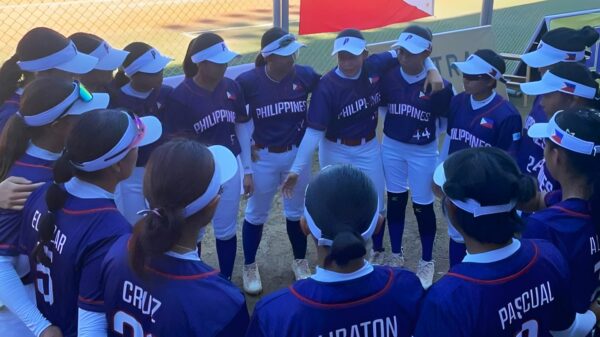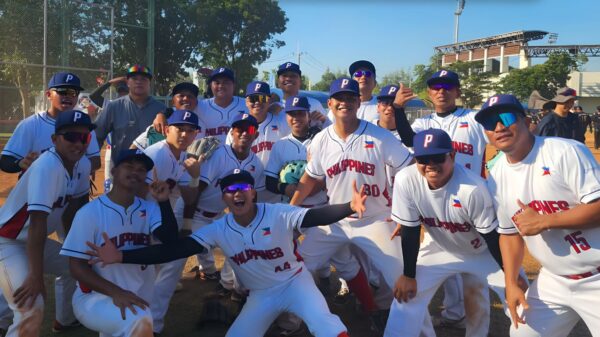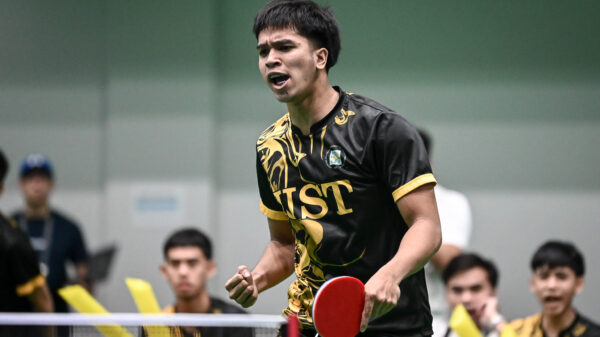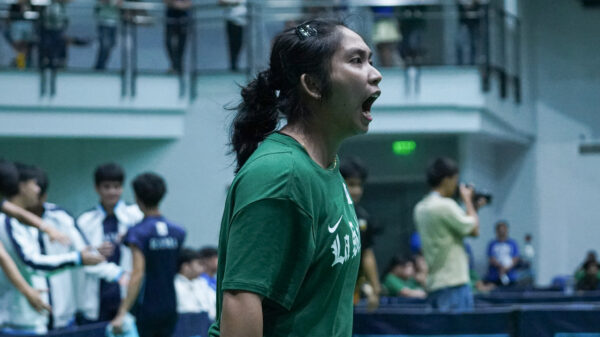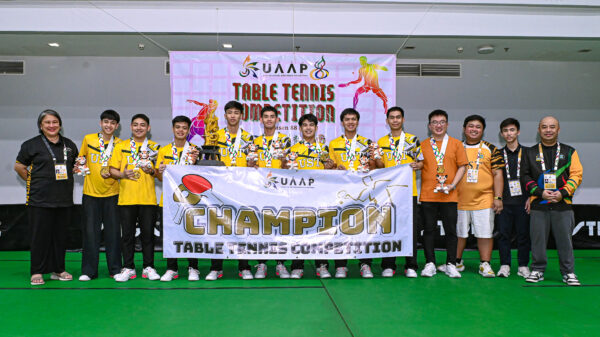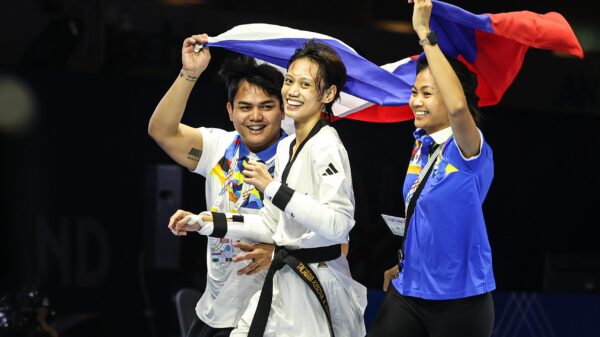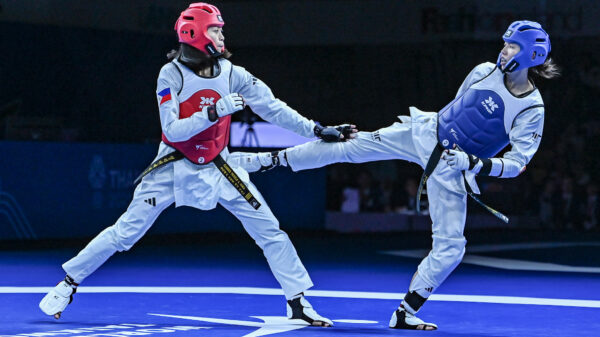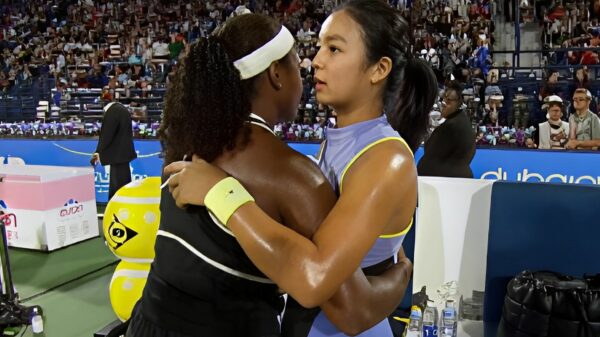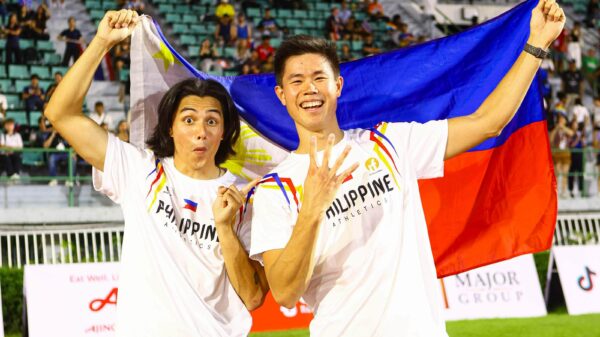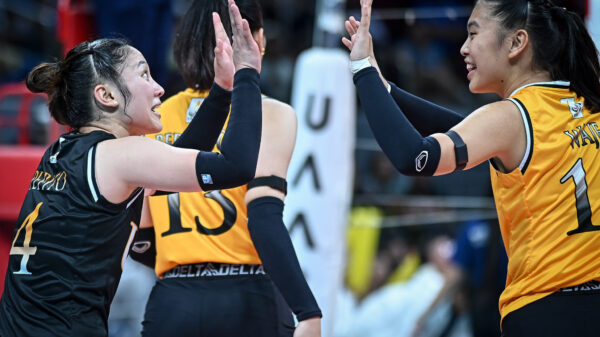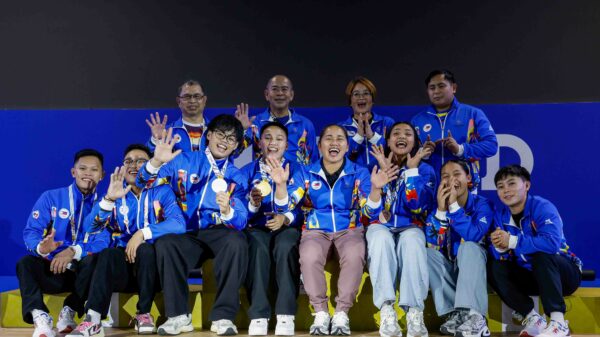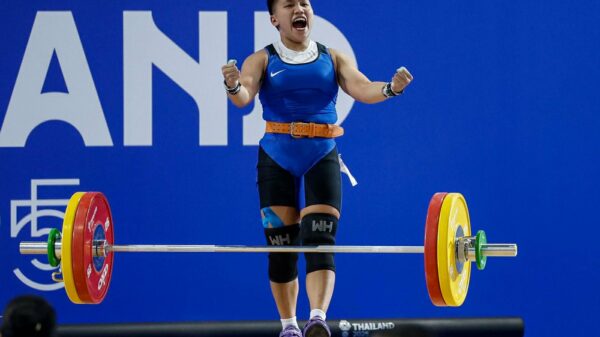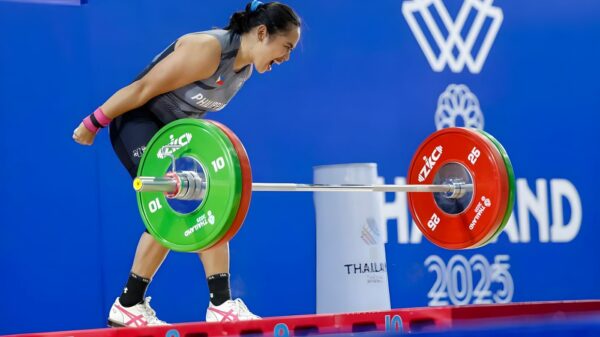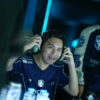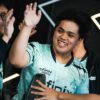What do you think is the most important thing to a pro basketball player?
If you answered points and shot attempts, you’d be close but there’s something that’s valued even more than that.
Minutes. (Well, besides getting a huge-ass contract and tons of endorsements deals)
As they say, time is the ultimate equalizer. It’s what you do with your time that counts. In organized basketball, minutes are the medium through which the game is actually played. With exception to the occasional overtime barnburner, a pro game consists of 240 minutes, which have to be spread out amongst the five players on the floor.
Minutes management is an integral part of coaching and is the head coach’s ultimate trump card. Late to practice? Sit on the bench beside the ball-boy. Don’t want to rebound or play defense? No worries, I’ve got some guys on the bench who’d gladly eat up your time on the court. It’s those precious minutes of actual game time that a player craves for.
In the past, most coaches believed that the best way to maximize these minutes is to give them to your best players. After all, these are your most productive players, so why wouldn’t you want them to be on the court as much as possible?
San Miguel Beer follows this approach, as stars Junemar Fajardo and Arwind Santos log 35.0 and 37.6 minutes per game, respectively. For those of you keeping count, those guys just won the last two MVP awards.
On the other hand, there are those who like to take the unconventional approach.
 Enter coach Yeng Guiao.
Enter coach Yeng Guiao.
Most fans hear the name Yeng Guiao and immediately think of the fiery coach who’s racked up record fines and thrown the dirty finger more than a few times.
Beyond all the antics though, you can see that Guiao has mastered the skill of managing egos and has everyone buying into the team mindset. He controls everyone’s minutes and keeps all his players (somewhat) happy with their playing time.
Just take a look at the season averages of his stars’*** playing time:
*** Don’t even get me started on how his team is star-less. Chan, Norwood, Lee, Belga are all stars, while pretty much everyone else would get quality minutes playing for any team in the league

| Norwood | 25.0mpg | Lee | 20.6mpg | Chan | 27.6mpg | Belga | 25.0mpg | Almazan | 23.5mpg |
The list goes on and on. His team goes 13 deep and that includes 1st year and 2nd year players Raymond Almazan, Jeric Teng, and Jericho Cruz.
Contrast this to GlobalPort, who plays Alex Cabagnot and Stanley Pringle 34 minutes a night.
Of course, all of Rain or Shine’s players are talented and deserving of playing time. Guiao could easily play Paul Lee, a superstar by any measure, 30 minutes a night if he wanted to. Just imagine what Lee could do with a 50% bump in his minutes.
His per-30 line would be: (assuming of course, that he could sustain his production with more minutes).
| Paul Lee per-30 averages | |||
| 21 ppg | 4.5rpg | 4.4apg | 1.0spg |
Yet, Guiao sticks to his system, keeping minutes spread out and putting in guys depending on match-ups. Why?!
The truth is there are some great benefits to spreading minutes throughout the lineup.
One, it helps keep everyone fresh, allowing them to maintain maximum effort. Guys who play heavy minutes tend to coast at certain points of the game, thereby not maximizing their minutes on court. Wouldn’t 100% output from a B-level player be better than 60% or 70% production from an A-level player? This also allows stars to be fresh during crunch time, helping them make better decisions and be more focused.
Two, spreading minutes helps teams make deep playoff runs. Rain or Shine has consistently been a semi-finals contender the past few years. Remember that the PBA has short offseasons, allowing players less time for full recovery, increasing the chances of injury. The deeper you go into the season, it no longer becomes solely a battle of skill and will but a battle of attrition. Who can stay on the court when it matters? By spreading minutes around, Guiao limits this risk and increases his chances of victory.
Third, this allows you to develop talent from within. For Rain or Shine, this might be the biggest reason why Guiao sticks to his style of minutes management. Teams like ROS and Alaska are at a disadvantage by being independent teams, as it makes it tougher to keep or gather elite talent. The only way to produce such talent is from within. However, time on the practice court can only do so much – players need game situations to improve.
It may seem like Rain or Shine has been lucky with the draft, but they’ve also been very good at determining who would fit their culture and whom they can develop into solid contributors. Just take a look at Jonathan Uyloan. A third (or fourth) string point guard buried deep in the backcourt rotation, Uyloan finally got his chance. Given the minutes, Uyloan has produced and is now a solid part of Guaio’s rotation.
The most important skill of Coach Yeng though is how he’s able to get all these guys to trust him and believe him when he says that buying into the team concept is what’s best for each individual.
Then again, if they don’t agree, he could always just yank their minutes or trade them away. I wouldn’t put it past him.


